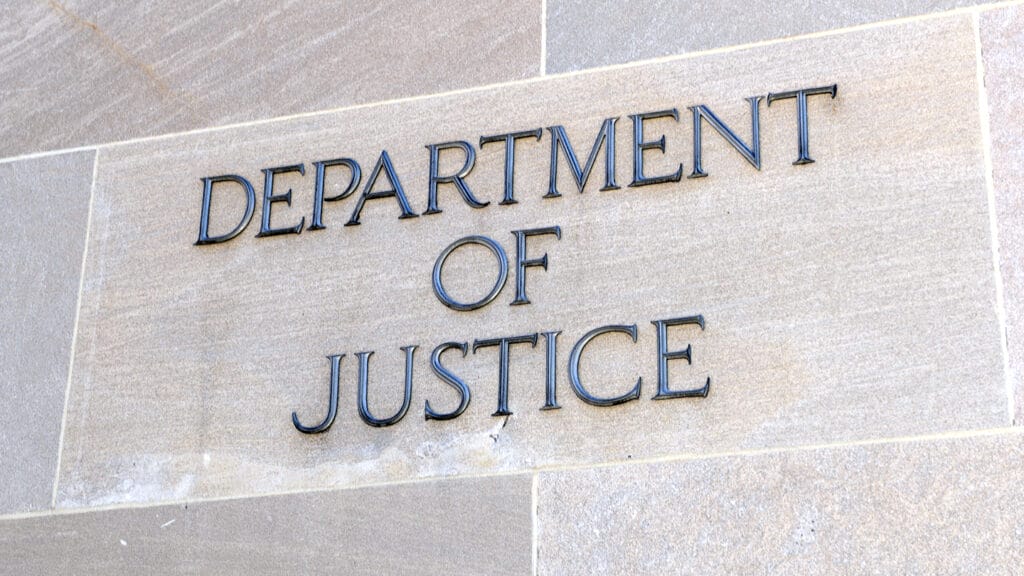
The Department of Justice took steps earlier this week to help make sure olde adults have appropriate access to valuable web content they need for understanding important healthcare and coverage decisions.
State and government agencies, such as the Centers for Medicare & Medicaid Services, must abide by new technical standards, according to a new DOJ rule signed Monday.
“Just as stairs can exclude people who use wheelchairs from accessing government buildings,” the official rule states, “inaccessible web content and mobile apps can exclude people with a range of disabilities from accessing government services.”
The technical requirements of the rule are extensive — the updated document is almost 300 pages long — but the overall purpose is to instruct agencies on their obligations to account for possible disabilities.
The agency used the example of a local town or city needing to create a large-text version of minutes for users with vision problems: approximately one in four older adults has at least mild vision impairment.
In addition to accessing important information about medical coverage or medication, both older adults and any caregivers need easy access to government guidelines and updates in the case of an emergency situation such as COVID-19 that could disproportionately affect older adults or their communities.
Tech usability concerns are a major, underappreciated concern for older adults, experts have argued, noting that many new smartphone apps and other devices aimed at the senior market aren’t designed to anticipate issues such as poor vision or hand tremors.
Seniors increasingly are using smartphones and AI tools such as ChatGPT to find information on their healthcare conditions and possible treatment, making it essential for this content to be both accessible and readable.



